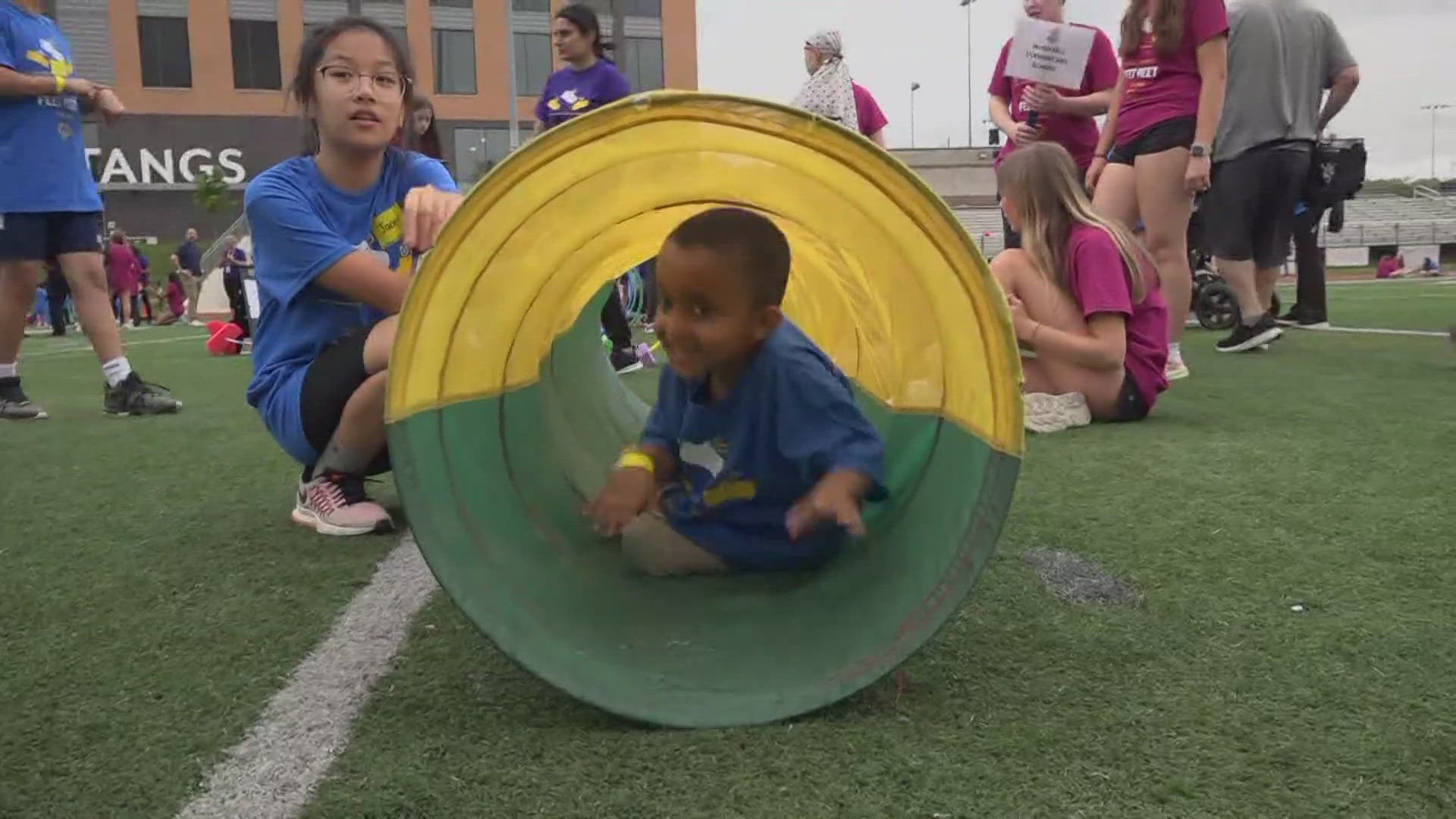WASHINGTON (WUSA9)--Justine Simpson never heard of Uber until her husband started using it to get around.
"And when my husband first told me he was using it…one of the questions I asked was how is it covered? What is the insurance? What is the safety around the drivers?" said the Great Falls, Virginia resident.
Satisfied she would be safe using the tech startup's ridesharing service, UberX, after checking its website, Simpson ordered a ride for the first time Thursday morning so she could get to Dulles Airport.
"For me the biggest concern was making sure something was reliable, that they turned up, and got me to the airport on time," she said.
Her timing is good. Uber and its ridesharing competitors Lyft and Sidecar now may operate legally in Virginia after a temporary agreement was reached with Governor Terry McAuliffe's administration.
The deal allows rideshare drivers, who use their own cars as 'private taxis,' to pick up passengers as long as the companies follow a slew of new regulations, including providing primary commercial liability insurance in the event of a crash.
Before Wednesday's announcement, the Virginia Department of Motor Vehicles issued a cease-and-desist order in early June against the tech firms until public and consumer safety concerns could be addressed.
Simpson's driver, Herndon resident Nick Rudnev, who has his own private driver's insurance, continued to drive during the cease-and-desist period. Now he says he is relieved his customers can be assured of insurance coverage.
"I think it will bring more clientele. It will bring more requests, more pings. People won't see gray anymore," said Rudnev, who cruises Northern Virginia and downtown D.C waiting for his smartphone to 'ping' with requests for rides.
Rudnev, 33, is the typical rideshare driver. He has a full-time day job – as an IT specialist – but to make a few extra bucks to help support his wife and two kids he drives for UberX on nights and weekends.
"If you do a five or six hour shift you can easily make a few hundred bucks by just driving in DC alone, going between Georgetown and Arlington, between Adams Morgan and other parts of the city," Rudnev said.
Customers are attracted to the ridesharing business model because its prices are competitive with those of regular taxicabs and all transactions are cashless. The fare is paid via the customer's credit card number stored in the smartphone app. Moreover, customers can see a photo of their driver in the Uber app and his or her rating, which is the result of previous passengers' reviews.
While Virginia and Uber are now at peace, at least for the next 180 days as per the terms of the temporary agreement, the situation is more hostile in DC.
Proposed regulations that would require either rideshare drivers or their companies to carry stringent commercial liability insurance are on hold until the fall, after the DC Council returns from summer recess.
Meantime, regulators say UberX is illegal in Washington.
"For one, they are not registered with us. Number two, they don't have the license. They don't have the insurance. They don't have any of the things that a public vehicle for hire needs to have," said Ron Linton, the chairman of the DC Taxicab Commission.
"Corporate criminals," is how Joel Wood of the local Teamsters Union describes the rideshare app companies. The Teamsters are representing roughly 2,000 DC cabbies in a fight to have their competitors regulated.
"The Uber folks are coming in here and technically they are stealing fares because their app is illegal. So they are actually taking work away from drivers who have gone through all the proper steps to get licenses and get background checks," Wood said.
Uber issued a statement defending its business model.
"The DCTC (DC Taxicab Commission) has been on a 3-year quest to shut down Uber, despite the will of DC residents and visitors and the City Council. It's no wonder that there is a proposal on the table by Councilmember Cheh to dissolve the DCTC. Uber is the safest ride on the road and people recognize that," said Uber spokesman Taylor Bennett.
At issue is what traditional taxi drivers view as an unfair advantage for the rideshare drivers in DC. Because UberX and Lyft drivers do not have to follow the same costly regulations as licensed cab drivers, the rideshare drivers and the tech start ups have a lower cost structure and afford to charge lower fares, eating into the cabs' customer base.
In Maryland, the state's Public Service Commission has ruled Uber and similar companies must apply for a motor carrier permit within 60 days. The PSC is also drafting new guidelines to regulate these companies. Uber plans on appealing the ruling.


